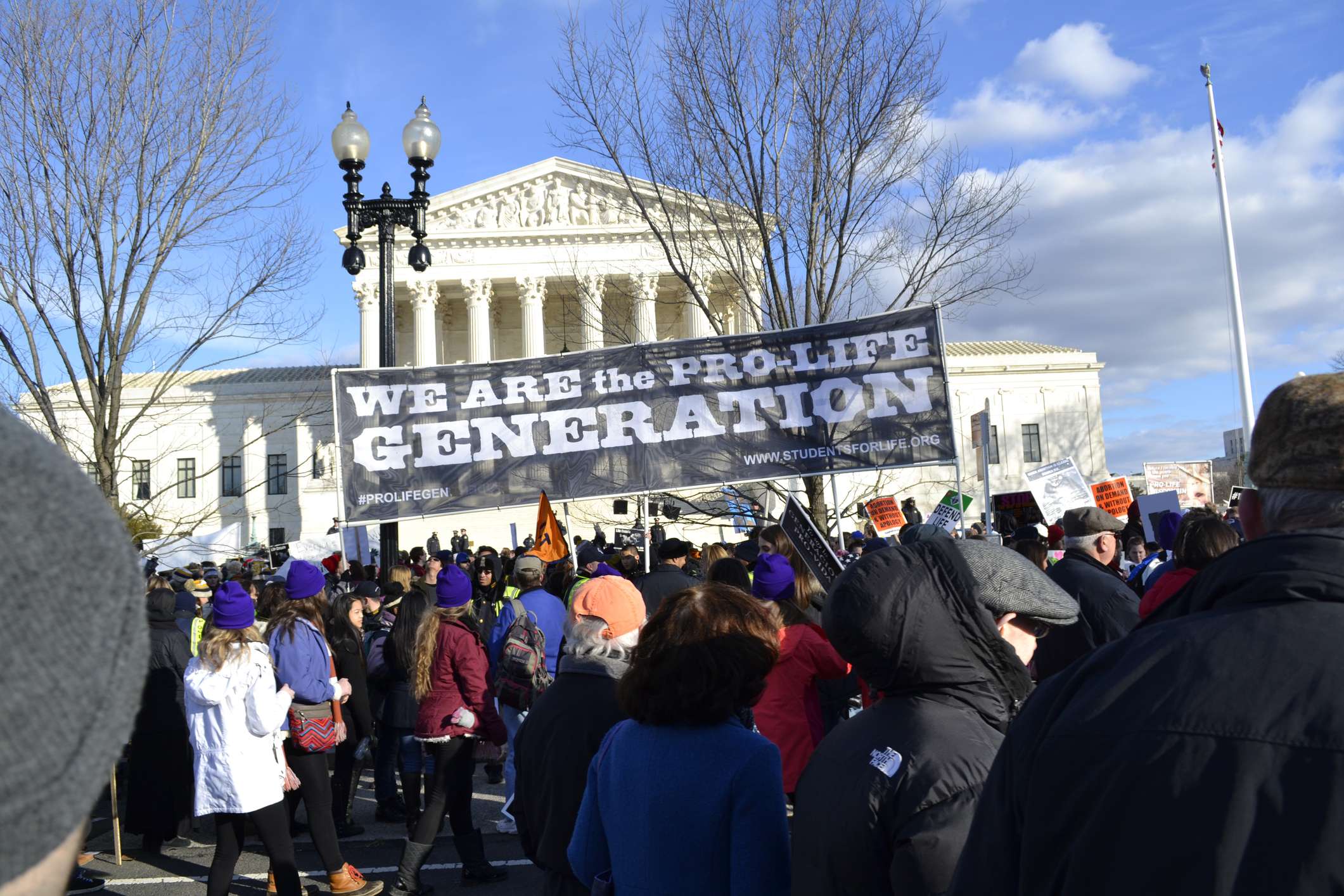
Mia’s Down syndrome diagnosis wasn’t a death sentence. It’s only one part of her, as Mia boldly tells people, and it’s just the beginning of an incredible life.

As part of Students for Life of America’s (SFLA) six-figure national messaging campaign, ALMOST ABORTED, Cara shares her story about choosing life for her daughter, Mia, and proving that people with Down syndrome are worthy of life and can thrive. Other courageous individuals, Faith, Rebecca, Josiah, Angela, Lily, and Hope, share their stories alongside Cara and Mia.
Thirteen years ago, Cara Armstrong was pregnant with Mia when a doctor told her that there was a higher-than-normal chance that her baby would be born with Down syndrome. Doctors pressured Cara to undergo invasive testing that would confirm a Down Syndrome diagnosis, which would likely cause a miscarriage. The doctor pushed for the test earlier than recommended, suggesting we could “kill two birds with one stone.” However, Cara courageously chose life, and Mia is now thirteen and an absolute joy not defined by her genetic makeup.
Mia proved abortion-supporting doctors wrong by not only thriving and speaking out for those with Down syndrome but also making her mark in popular entertainment. She plays a superhero with Down syndrome, giving others with Down syndrome representation and the value they deserve in media, film, and entertainment.
“She (doctor) discriminated against me before I was even born,” Mia said during her speech in Times Square. “Well doctor, it turns out, I’m an actress, I’m a model, I am the first child with Down syndrome to voice over a cartoon – it’s on Netflix. My character, Eon, is a superhero with Down syndrome. It’s pretty perfect, because Down syndrome is my superpower.”
HEAR CARA AND MIA’S STORY
“Choosing life for a child with a disability or a different ability comes with unique challenges,” said Cara in the video. “But it is always worth it. All children deserve to be loved, nurtured, and given the opportunity to thrive.”
In their video testimony, Cara, also a nurse, talks about how important is is for healthcare practitioners to encourage those facing adverse diagnoses instead of inflicting words of negativity and suggesting abortion.
“In the case of a prenatal diagnosis, harsh words become part of a family’s birth story,” explained Cara. “The trauma inflicted cannot be undone. It is time for practitioners to learn how to appropriately deliver prenatal diagnoses with compassion and without bias.”
To hear more stories of those walking among us who were Almost Aborted, visit Almost Aborted | Pressured but not Persuaded.
Share this post
Recent Posts

National Celebrate Life Weekend Dominates D.C.: Just Look at the Coverage
01 Jul 2025
The Pro-Life Generation REACTS: “Big, Beautiful” Budget Bill Vote One Step Closer to Defunding Planned Parenthood & ALL Abortion Vendors
01 Jul 2025
News: FIVE Lawmakers Recognized for Defending Life
30 Jun 2025

